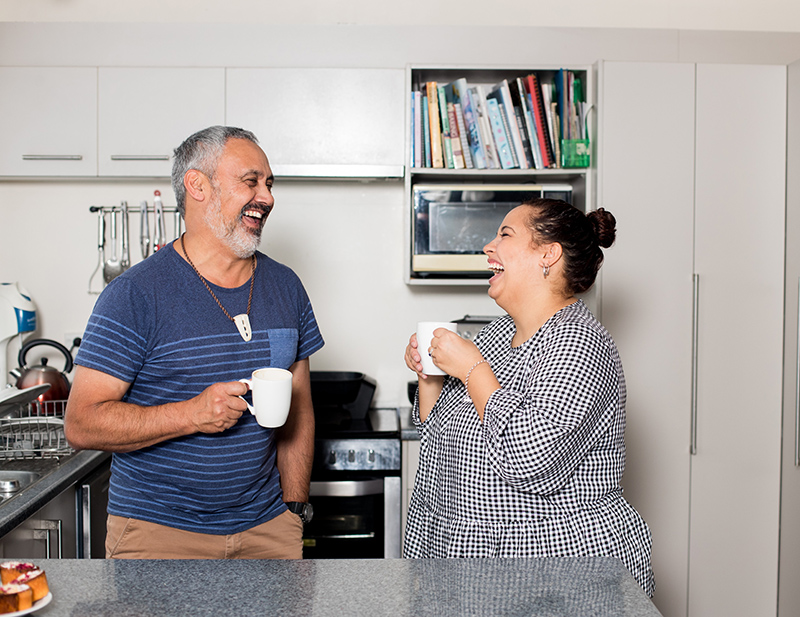-
Tribunals
- Disputes
- Tenancy
- Licences & certificates
- Motor vehicle dealer disputes
- Alcohol Regulatory & Licensing Authority
- Human rights
- Real estate agents
- Abortion
- Accident Compensation
- Canterbury Earthquakes Insurance Tribunal
- Copyright
- Customs
- Tax
- Trans-Tasman occupations
- Victims & justice
- Weathertight homes
- Waitangi Tribunal
- Judicial Conduct Panel
- Family
- Family Court
- General help and services
- Supporting whānau
Click anywhere on the banner to exit the page.
Press the shrink icon to the right to reduce this banner's size.
Overview
When your friend or whānau member goes through a separation or a change in family situation it can be a stressful time in their life, especially if not everyone can agree on how the children will be cared for.
If you or someone you know is in immediate danger, call the police on 111
In an emergency, you don’t need permission from the person being hurt to call the police.
If you need to leave this website quickly, use the quick exit button at the bottom of the screen.
You can also find information about family violence specialist services on our help page.
How you can provide support
You can provide support to friends and whānau in different ways. You could:
- ask how things are going and listen without judging them
- include them in social events or take them out for a coffee
- ask if there’s anything you can help with, like grocery shopping or childcare
- respect their privacy by not telling other people what they’ve shared with you.

Connect with people and organisations that can help
Supporting children and young people
Support with childcare
You could offer to look after their child if your friend or whānau will be attending Family Dispute Resolution or a Parenting Through Separation course.
Because children aren’t usually allowed into the courtroom, you could offer to look after them while your friend or whānau are at a hearing or conference at the Family Court. Some courts have a public space where you can wait.
Help with changeovers
Changeovers are when the child leaves one parent or whānau member’s house and goes to the other parent or whānau member’s house. You can help by offering to do these changeovers while everyone is still getting used to the situation. You could also go with the parent or whānau member who is picking up the child and be there to support them.
Being a support person at mediation
The person you’re supporting may be going to mediation through Family Dispute Resolution. You can go to mediation with them as a support person if everyone taking part in the mediation agrees. The person you’re supporting should ask the family mediator about bringing a support person before the session.
Family Dispute Resolution service
Being a support person at court
Supporting someone who’s going to Family Court is different to mediation. You can go into the public spaces of the court at any time, such as the waiting area or the front counter.
However, the courtroom itself is closed to the public. This means you’ll need permission from the judge to be allowed inside the courtroom as a support person. The person you’re supporting will need to talk to their lawyer (if they have one) or court staff to let them know they’d like to bring a support person into the courtroom. The judge will then decide if a support person (or people) can come inside the courtroom.